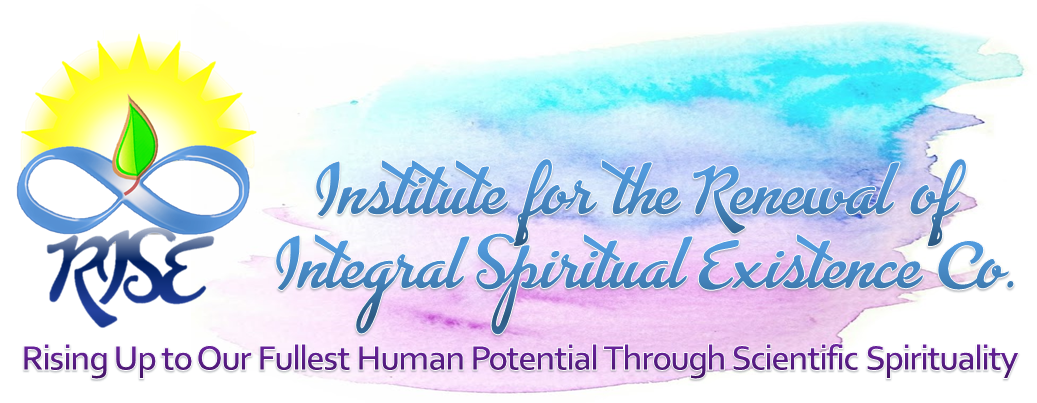The article from Psyche explores how the buildings we inhabit can significantly influence our brain function and overall well-being. It discusses architectural design’s psychological and neurological impacts, emphasizing that light, space, and materials can affect mood, cognition, and even health outcomes. The piece highlights research indicating that environments designed with human needs in mind—such as natural light and open spaces—can enhance creativity and reduce stress. Conversely, poorly designed spaces may contribute to feelings of anxiety and confinement. Ultimately, the article advocates for a more mindful approach to architecture that considers the profound effects of our surroundings on mental processes and emotional states, urging a reevaluation of how we design the spaces we occupy.
Editor’s Note: Sacred architecture often reflects a deep understanding of nature’s patterns, recognizing that our built environments can profoundly influence our well-being. In contrast, modern buildings frequently disregard these natural principles, leading to environments that can contribute to physical and mental health issues. This disconnection became particularly evident during the pandemic when many people turned to plants and greenery to cope, revealing an innate desire for connection to the natural world. The sudden surge in “plant people” highlights a collective yearning for the restorative qualities of nature, which are often absent in sterile, mechanistic urban designs. By reconsidering the principles of sacred architecture that honor the spiritual and ecological dimensions of our surroundings, we can create spaces that not only foster health but also nurture a deeper consciousness about our relationship with the environment, ultimately paving the way for societies that prioritize harmony between human life and the natural world.
Read Original Article
Read Online
Click the button below if you wish to read the article on the website where it was originally published.
Read Offline
Click the button below if you wish to read the article offline





